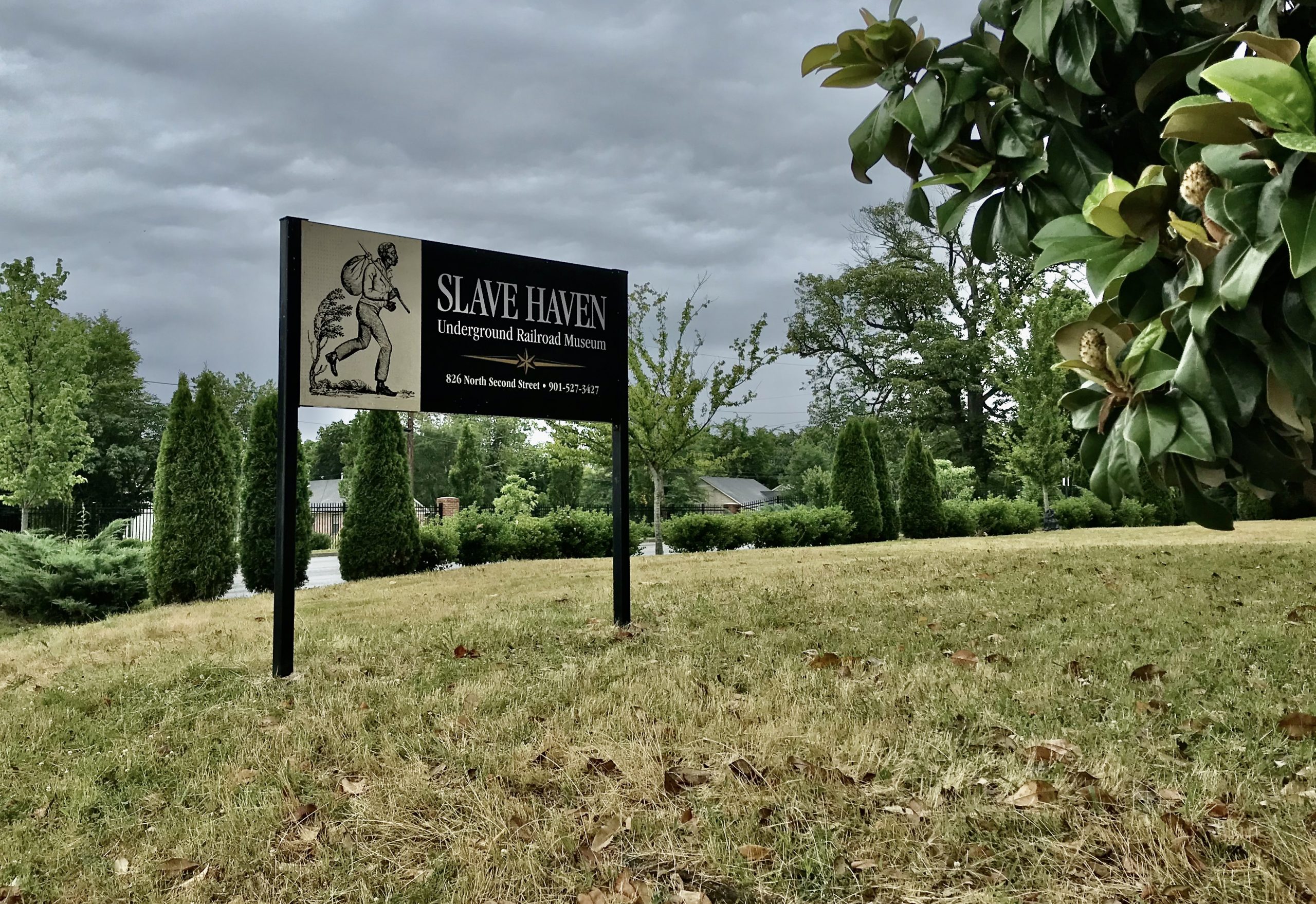By G. Wayne Dowdy
Your correspondent reports on how the COVID-19 pandemic and the Black Lives Matter protests are affecting the Bluff City in another letter to Colonel John McLeod Keating, managing editor of the Memphis Daily Appeal, during the 1878 yellow fever epidemic.
Dear Colonel Keating:
Sickness and death still pursue us as we face a reckoning over our longstanding failure to treat all citizens equally. The summer sunshine has lulled us into a false sense of immunity as the number of COVID-19 cases has risen. 8,394 people have contracted the virus and 167 citizens have died in Shelby County; while over 120,000 Americans have lost their lives.
Last Friday many in Memphis and across the nation celebrated Juneteenth, a holiday in several states that commorates the end of slavery. As you know, President Lincoln’s Emancipation Proclamation was a war measure that only freed slaves in Confederate-held territory. Slaves had been emancipating themselves since the war began and Lincoln’s order provided them with the further opportunity to deny their labor to the Confederacy and give it to the Union Army as soldiers.
In 1863 a slave named Rastus Jones fled DeSoto County, Mississippi, came to Memphis and joined the Union Army, where he served during the battle for Vicksburg. Slavery did not end when the proclamation went into effect on January 1, 1863 nor when slaves in Texas were finally read Lincoln’s order on June 19, 1865. Any territory held by Union forces was exempt, including Memphis.
It was not until December 6, 1865 that slavery was fully abolished with the ratification of the 13th Amendment to the Constitution. Even then it took time for word to reach everyone. Two weeks before Christmas 1865, Ann George was brought to Memphis as a slave and was not freed until the last few days of December or early January, 1866.

While Juneteenth may not signify the formal end of slavery, it is an appropriate date to honor the slaves who helped build this country, and I hope it becomes a national holiday. Anything we can do to foster a better understanding of slavery and its legacy will be helpful to the country because we have ignored it for far too long.
We have to remember that slavery ended just one hundred and fifty-five years ago. Many of us have a direct connection to those days. I knew my great-grandfather, John W. Dowdy, whose father William served in the Confederate Army. I also knew, and was strongly influenced by, my great-grandmother Jessie Lee Ziegler Heckle whose mother, Caroline Dantzler Ziegler, grew up on a small farm with two slaves. There is little doubt that the great-great-grandsons and granddaughters of slaves have had their lives damaged by slavery and white supremacy as much as mine was improved.
Slavery, and the racism used to justify its existence, is the cornerstone of our crippled society. It remains to be seen whether we have the will to tear out that foundation and replace it with one made up of true equality, but there does seem to be a thin stream of hope. More white people than ever before have condemned and marched against systemic racism and even the term “white privilege” does not sting as it once did. Let us pray this continues.
Well, Colonel, that’s the way Memphis is on the 25th day of June in the year of our Lord 2020.
I remain,
Your faithful correspondent
G. Wayne Dowdy
Memphis author and historian Wayne Dowdy is the Manager of the Main Library’s Memphis and Shelby County Room. He also writes for the local monthly publication Best Times and is the author of several books on Memphis history, including A Brief History Of Memphis, Hidden History Of Memphis, and Mayor Crump Don’t Like It.

